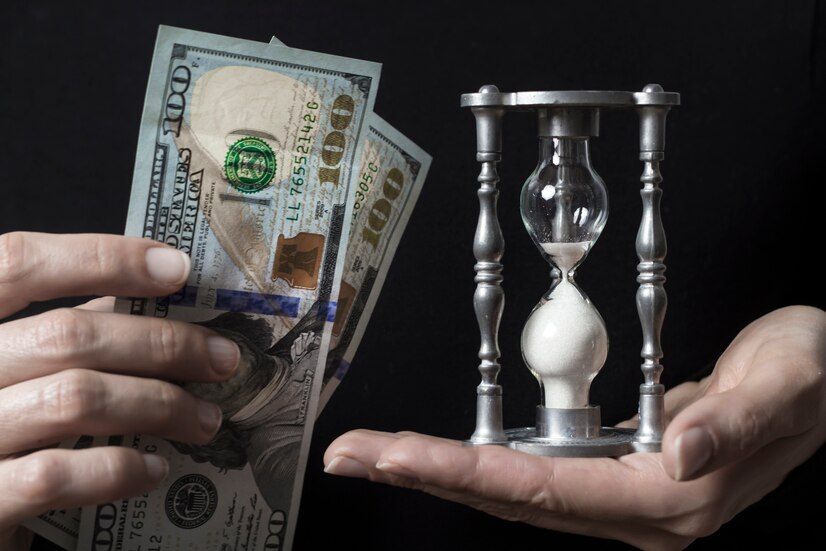
In the domain of finance administrations, organizations like Past Money certainly stand out for their administrations as well as for their plans of action. Past Money, in the same way as other others, works in a space where trust, development, and unwavering quality are central. In any case, how precisely does Past Back create income while offering monetary arrangements? In this thorough aide, we’ll dig into the complexities of Past Money’s lucrative strategies, revealing insight into its income streams and hidden components.
Grasping Past Money
Prior to plunging into its income model, how about we comprehend what Past Money does. Past Money is a monetary administrations organization that has some expertise in the red administration and solidification. It offers customized answers for assist people with exploring their monetary difficulties, basically zeroing in on obligation reimbursement systems, advance union, and credit improvement.

Revenue Streams: How Beyond Finance Makes Money
1. Administration Expenses
Past Money charges administration expenses for the help it gives to clients. These expenses ordinarily shift in view of the intricacy of the administrations delivered and the degree of the monetary help required. Clients might pay a one-time expense or continuous charges for proceeded with help, contingent upon the idea of their commitment with Past Money.
2. Interest Rates and Loan Terms
In situations where Past Money helps clients in uniting their obligations or rebuilding their advances, it might haggle new terms with leasers or loan specialists. This can incorporate lower financing costs, expanded reimbursement periods, or decreased regularly scheduled installments. Past Money might acquire income through commissions or expenses related with these new advance courses of action.
3. Subsidiary Associations
Past Money might go into subsidiary associations with monetary foundations, credit agencies, or other specialist co-ops. Through these associations, Past Money might get reference expenses or commissions for guiding clients to explicit items or administrations. This can incorporate suggesting Visas, advances, or other monetary items that line up with clients’ necessities and objectives.
4. Information Experiences and Examination
As clients draw in with Past Money’s administrations, the organization gathers significant information and experiences about their monetary ways of behaving, difficulties, and inclinations. Past Money might use this information to give designated proposals, work on its administrations, or foster new items. Also, Past Money might adapt anonymized total information by offering it to outsiders, like monetary foundations or economic specialists, for key experiences and investigation.
5. Premium Administrations and Additional items
Past Money might offer premium administrations or additional items to upgrade the incentive for clients. These could incorporate sped up obligation goal administrations, admittance to monetary training assets, or premium client service choices. Clients able to pay for these extra administrations add to Past Back’s income stream.

The Moral Aspect: Adjusting Productivity and Client Prosperity
While Past Money works as a for-benefit substance, it likewise focuses on moral contemplations and client prosperity. The organization’s prosperity is innately attached to the monetary wellbeing and fulfillment of its clients. Thusly, Past Money endeavors to find some kind of harmony among benefit and client-centricity, guaranteeing that its income age systems line up with its main goal of enabling people to accomplish independence from the rat race.
